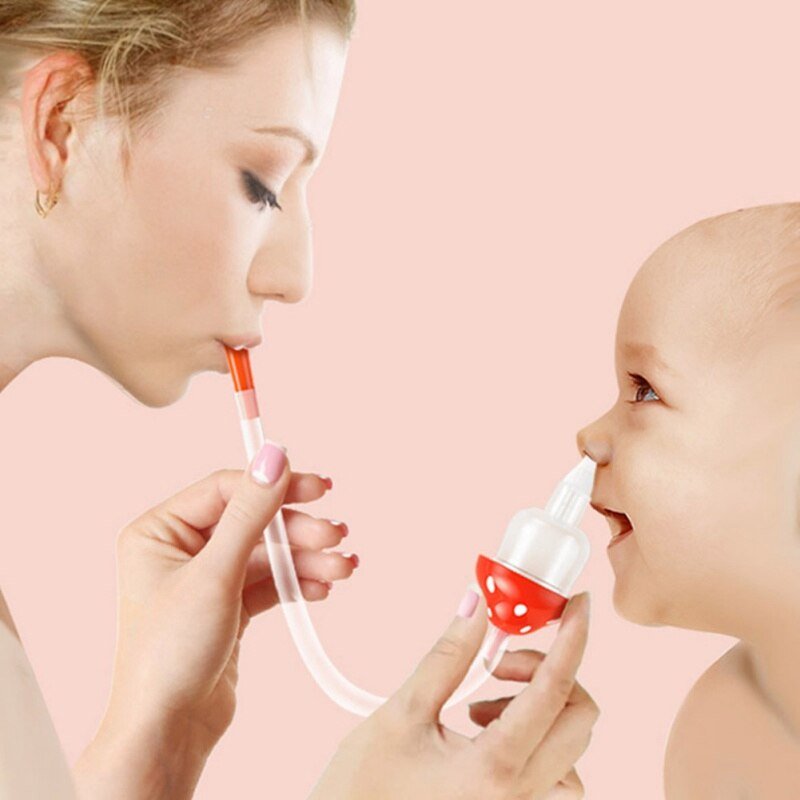Understanding and Managing Newborn Nasal Congestion
Newborn babies commonly experience nasal congestion, which can cause discomfort and difficulty breathing. Understanding the causes and effective management of this issue is essential for parents. This article aims to provide comprehensive information on newborn nasal congestion and practical tips for parents.

Understanding Newborn Nasal Congestion:
Nasal congestion in newborns occurs when the nasal passages become blocked or swollen due to various factors such as:
- Normal Mucus Production: Newborns produce mucus to keep their nasal passages moist and trap particles like dust and bacteria. Excess mucus can lead to congestion.
- Immature Immune System: A newborn’s immune system is still developing, making them more susceptible to infections that can cause nasal congestion, such as the common cold or respiratory syncytial virus (RSV).
- Nasal Irritants: Exposure to irritants like tobacco smoke, strong odors, or allergens can also contribute to nasal congestion in newborns.
Symptoms of Nasal Congestion in Newborns:
Signs that your newborn may be experiencing nasal congestion include:
- Difficulty breathing, especially during feeding or sleeping.
- Snoring or noisy breathing.
- Flaring nostrils.
- Mucus discharge from the nose.
- Irritability or fussiness.
Tips for Managing Newborn Nasal Congestion:
- Use a Humidifier: Adding moisture to the air can help relieve nasal congestion. Use a cool-mist humidifier in your baby’s room, especially during sleep.
- Saline Nasal Drops: Saline drops can help thin mucus and clear nasal passages. Administer a few drops into each nostril, followed by gentle suction using a bulb syringe or nasal aspirator.
- Elevate the Head: Keeping your baby’s head slightly elevated during sleep can promote better breathing. You can achieve this by using a wedge pillow or placing a rolled towel under the crib mattress.
- Gentle Nasal Massage: Lightly massaging the bridge of your baby’s nose and sinuses can help loosen mucus and provide relief.
- Avoid Irritants: Minimize your baby’s exposure to smoke, strong perfumes, or other potential nasal irritants.
- Monitor Feeding Position: Ensure that your baby’s head is slightly elevated during feeding to prevent milk from entering the nasal passages and causing further congestion.
When to Seek Medical Advice:
While nasal congestion is common in newborns and often resolves on its own, you should consult a healthcare provider if:
- Your baby is having difficulty breathing.
- Nasal congestion persists for more than a week.
- Your baby develops a fever or other signs of illness.
- Nasal discharge becomes thick, green, or yellow.
Conclusion:
Nasal congestion is a common issue in newborns, but with proper management and care, you can help your baby breathe more comfortably. By following the tips outlined in this article and seeking medical advice when necessary, you can ensure your baby’s well-being during this challenging time.

